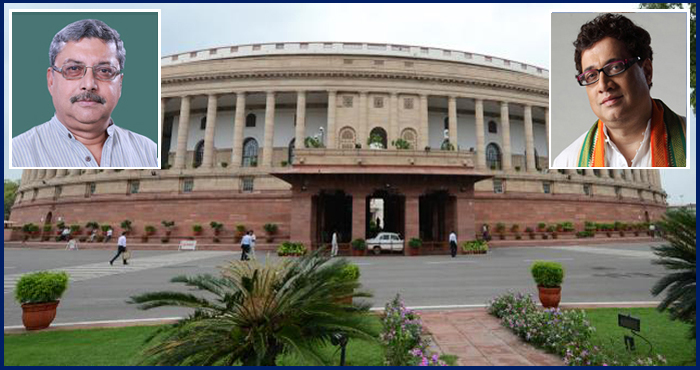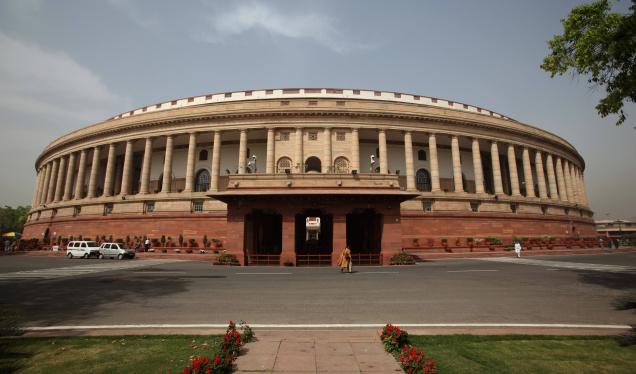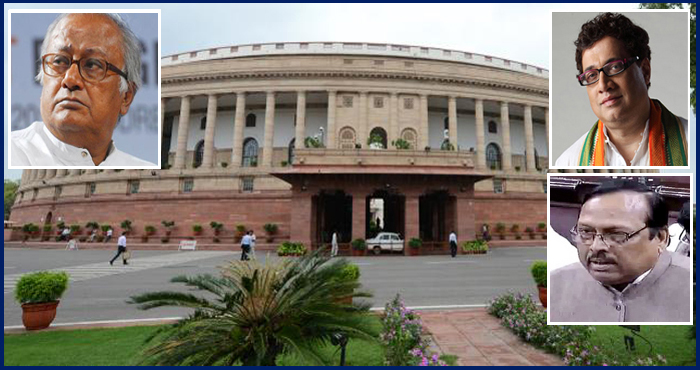Leader of Trinamool Congress in Rajya Sabha, Derek O’Brien today slammed the Government for overusing ordinances. He was speaking on the Citizenship Amendment Bill.
Full transcript:
Sir, I have only two lines on this Bill, but a little more to say on the Statutory Resolution of mine.
On the Bill itself we do not have any issue. It is a very good idea to merge PIO and OCI Schemes, and to make it easier for people to avail of this. In my own family, my wife and my brother are in this category. So this is very good, no issues at all on the Citizenship Amendment Bill.
Sir, the issue is the broader one, of using ordinances and there has been a lot of talk in the last three weeks as to who used more ordinances.
I have to make 4-5 points on this, Sir. Please allow me to make these points.
Firstly Sir, let us look at the history of these ordinances, because the Finance Minister when he was here was throwing the numbers of 800 ordinances issued by the Congress. So I think we need to get some clarity on who is the bigger sinner here.
Let me give you some history Sir, and some real numbers.
When Pandit Nehru was the Prime Minister of India, if you take the numbers of bills passed to ordinances, for every 10 bills they passed there was one ordinance. Then we come to Janata Party, during the Janata Party Government, for every 10 bills they passed they had 1.5 ordinances. Then for every 10 bills of the Indira Gandhi government passed, it issued around two ordinances. UPA I and II, for every 10 bills passed, they had 1.9 ordinances. NDA, for 10 bills passed, they had two ordinances.
Now, you come to the real figure of the current Government, in the last nine months for every 10 bills passed, 4 ordinances have been passed. T
his is the first point, I want to register Sir, too many ordinances, but in the first place, why an ordinance?
Ordinance is when the Legislature is not in session and immediate action is required.
Now, what was the immediate action required?
There are three very relevant dates here Sir. First, the Prime Minister made a speech at the Madison Square Garden on September 28, 2014. Fine, I have no problem with that. On December 23, 2014 this Bill was introduced in Lok Sabha. We convened on February 23. What was hurry that Bill introduced on December 23 in the Lok Sabha that you had to bring an ordinance n January 6, 2015?
My contention is Sir, it was not required to be introduced in such a hurry.
Sir, let me give you two quick examples. There has been a good reason why there have been ordinances. Morarji Desai Government of 1978 issued an ordinance because of the demonetisation which took place of Rs 1000/5000/10000 currency notes. It was a matter of importance and urgency. In 2013, UPA II brought a Criminal Law Amendment Ordinance; we all know the reason why it was brought Sir.
Sir, the point here is this is an issue of propriety. Nobody says we do not want ordinances. The same issue now currently is becoming a major bone of contention, through the ordinance route, is the FDI in Insurance. The Bill is now a property of Rajya Sabha. Now we know another bill has been introduced in the Lok Sabha. The two bills are identical. All my colleagues have asked you for Ruling on this Sir. So, again it is creating some confusion.
Sir, I would not like to take up any more time. Just to remind this House that the makers of the Constitution and all the very senior people who have set up precedence here and have given us some examples. We must tread cautiously. We must tread carefully. This is the message I want to leave to the Government today. Please tread cautiously and please do not bulldoze your way and remember what the first Speaker of the Lok Sabha said.
The first Speaker of Lok Sabha said, “If ordinances were not limited by convention only to extreme and urgent cases, the Government may go on issuing ordinances and Parliament will have no option but to be a rubber stamp.”
Sir, let it be known that nobody wants and nobody can make this August House a rubber stamp. As I said, we do not have any issue on the Bill, but I thought within the Rules of this great Parliamentary democracy, I could use this opportunity to bring up my Statutory Resolution to make my points on dangers of misusing ordinances.
I want to also assure the Minister that when the Statutory Resolution is moved in the end, I won’t move it, so he can breathe easily.




